A muddled and entirely unverifiable rumor claims that Apple has been testing other manufacturer's folding phones and decided to put the iPhone Fold on hold.
Following reports that Apple is working on two prototype ideas for a foldable iPhone, a new claim says it isn't. The claim from a leaker on Chinese social media site Weibo says both that Apple is accelerating its research, and that it has also given up for now.
Weibo user Fixed Focus Digital, explains that Apple has bought several existing folding phones to test. Perhaps the report is unclear because of machine translation, but it seems to say that at least one of these rival phones broke within a few days of Apple buying it for testing.
Fixed Focus Digital goes on to say that Samsung's folding screen isn't able to meet Apple's requirements. It's not clear whether this is still in a rival folding phone or another part of Apple testing.
It's no surprise that a folding phone will fail under testing, because they will specifically be tested to the point of failure. That Apple would conclude it wasn't worth pursuing the idea if Samsung, for instance, can't make an unbreakable folding phone seems less likely.
Nothing in the report can be verified and Fixed Focus Digital does not appear to have any track record in Apple leaks.
Separately, Apple has a history of patents regarding aspects of a folding iPhone, including one regarding a screen that will not crease in use.
It's now almost five years since Samsung launched its Galaxy Fold phone, although initial reviews concentrated on how the screen was fragile. Apple has arguably been under pressure to compete ever since, and Samsung has improved its designs.
Analyst Ming-Chi Kuo has predicted a 2024 launch for the iPhone fold, but other sources predict it being announced in 2025. It's also possible that Apple is instead looking to replace the iPad mini with a folding iPad.
 William Gallagher
William Gallagher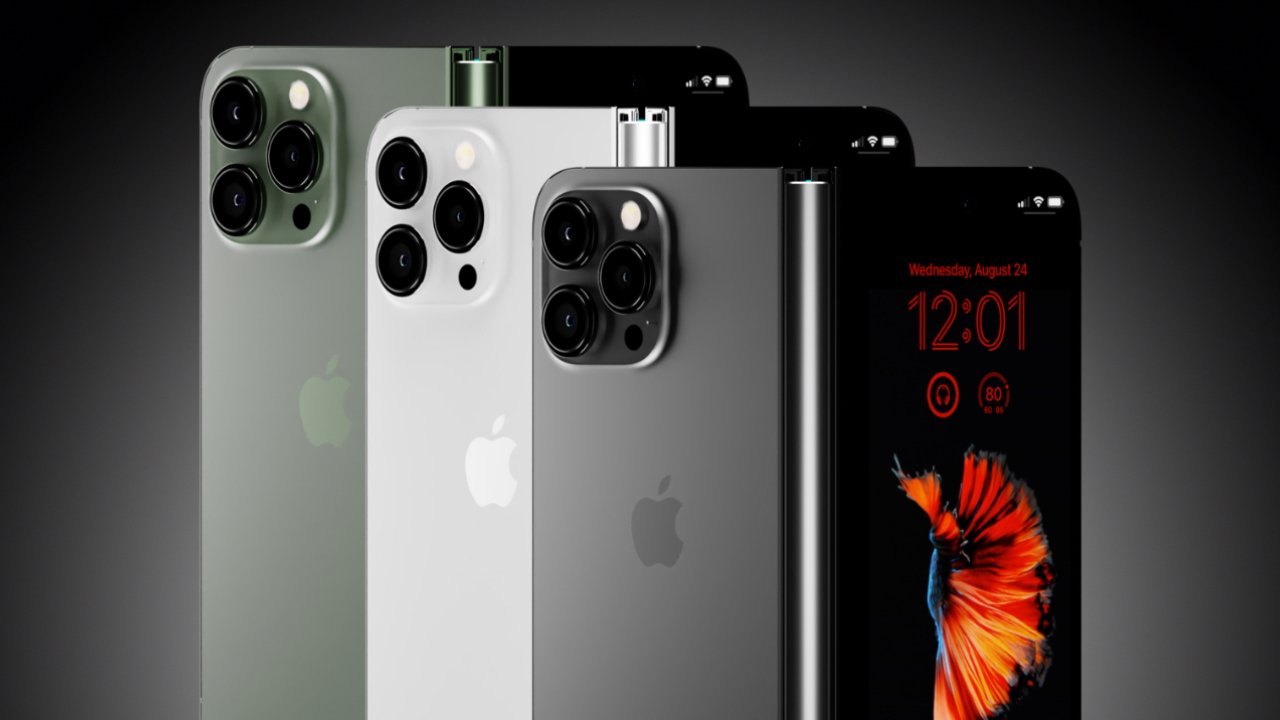

-m.jpg)






 Mike Wuerthele and Malcolm Owen
Mike Wuerthele and Malcolm Owen
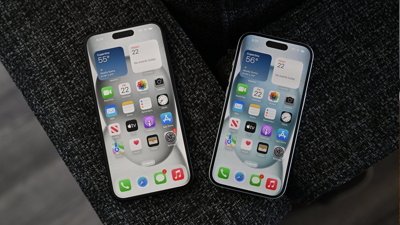
 Malcolm Owen
Malcolm Owen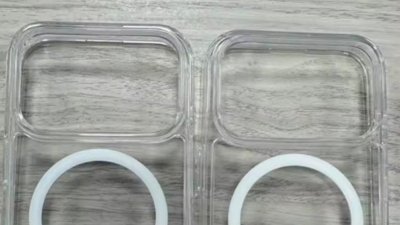

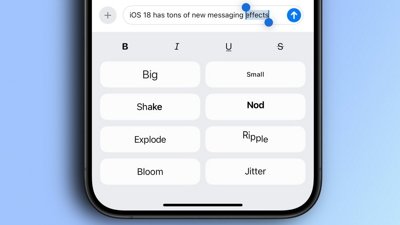
 Oliver Haslam
Oliver Haslam
 Amber Neely
Amber Neely

-m.jpg)
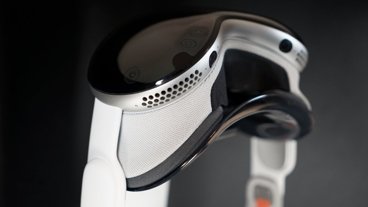







19 Comments
Those of us old enough to remember the day when most cell phones only folded. In retrospect what made those phones special was the all week battery life, light weight and pocketability. The downside was of course the miniscule screen
I'm not sure today's phone becomes magical because it folds. It's still going to have the same battery life issues, it's still going to be the same weight. The next major phone revision will harken back to yesteryear with a really small phone that has a very small scree because most of our interaction with the phone will be voice enabled. It will give many mobile users want. The Halcyonic days of getting your first V Series Motorola and how it disappeared in your pocket.
It would be wise of Apple to skate to where the puck is going and not expend engineering effort on a stop gap solution.
I don’t want a folding phone. How would a folding phone work for people using it for productive tasks, like videography or even photography other than selfies? My iPhone is thick enough, I wouldn’t want something thicker. It’s a gimmick to satisfy kids. I want a good screen, not a flexible screen that will end up breaking in half.
Apple testing can be tough. I can still remember an Apple Radar entry (internal) where en external QA Manager from a large Intel MoBo Manufacturer complained: In our company that board would have been on the market for the last six months ... but alas Apple still want's some more quality testing. That was for the very first released Apple Intel Machine (not the Hardware Development Kit)
Why would that be any different with the foldable display nowadays which inherently has more failure modes even under regular usage?
I'll join the chorus here in saying this is one thing I do not need. What I do sorta need is my iPhone to have a hardware lens cap. I have perhaps the best camera in the world in my pocket rolling around, and it would be nice to have some protection over those lenses. Make it elegant too: the hard cover opens with software activation; closes when I'm done.
We've been over this. There is a very low probability that Apple would make a folding iPhone. It's a novelty concept. It would add expense, introduce structural weakness, increase warranty claims, lower customer satisfaction, and add software bloat to configure and run a second screen, and depending on the folding configuration, a different screen dimension. Given the fact that people typically check and fiddle with their iPhones hundreds of times per day, it is a 100% certainty that damage and wear to the screen and folding hardware would result in high failure rates that may be ho-hum for Samsung but would be a certified front-page class-action lawsuit scandal when it's about an Apple product.
Apple doesn't chase "me too" bells and whistles, particularly when the risk/reward calculation would be this dire.
If a folding screen comes out of Cupertino, it will be on an iPad, where the portability advantage would be real, software bloat for extra/nonstandard screens would be unnecessary, and risk of damage from wear or mechanical failure much lower, because iPads are a much less fiddly device that would be folded and unfolded by users a small fraction of the number of times compared to a phone.